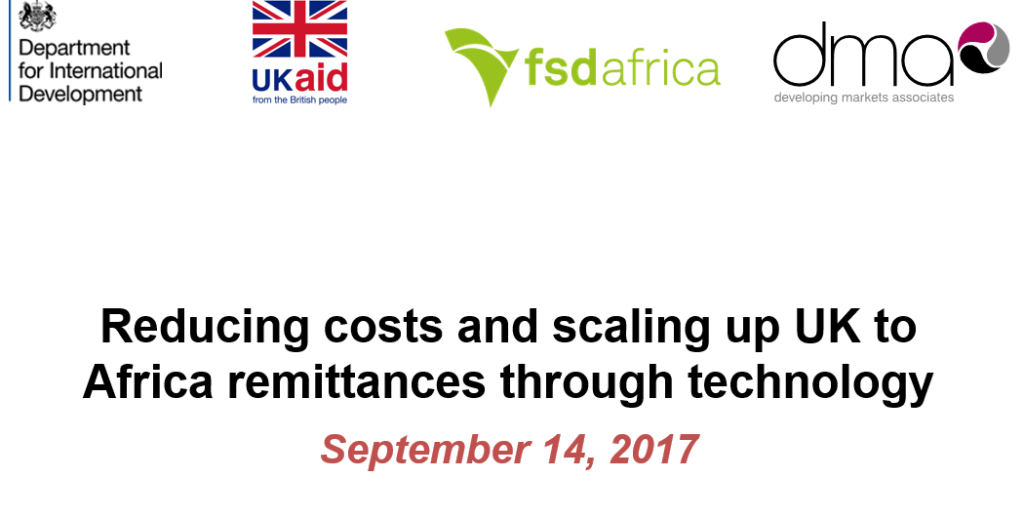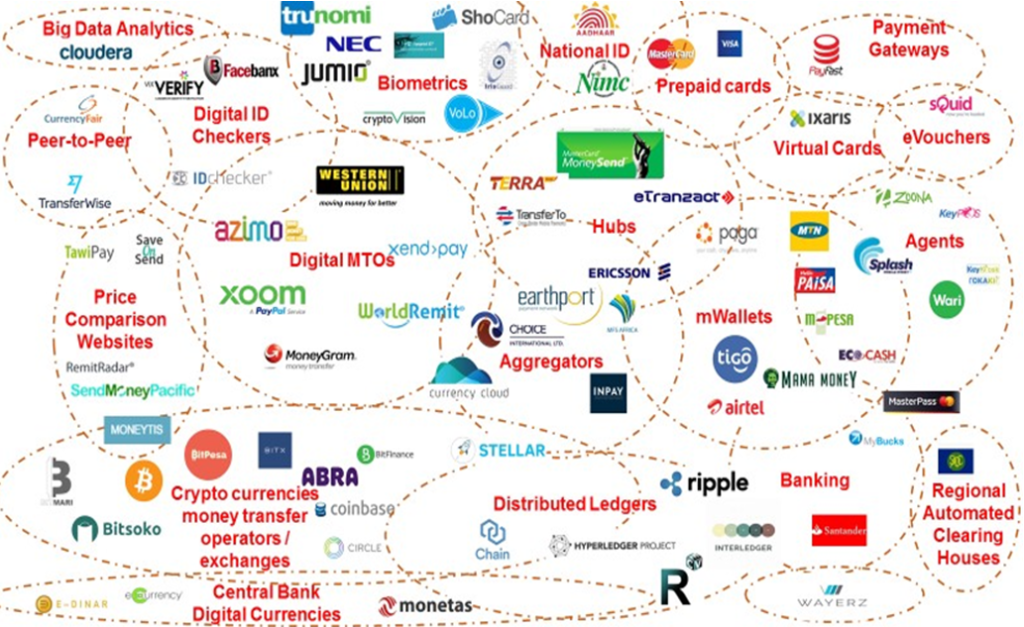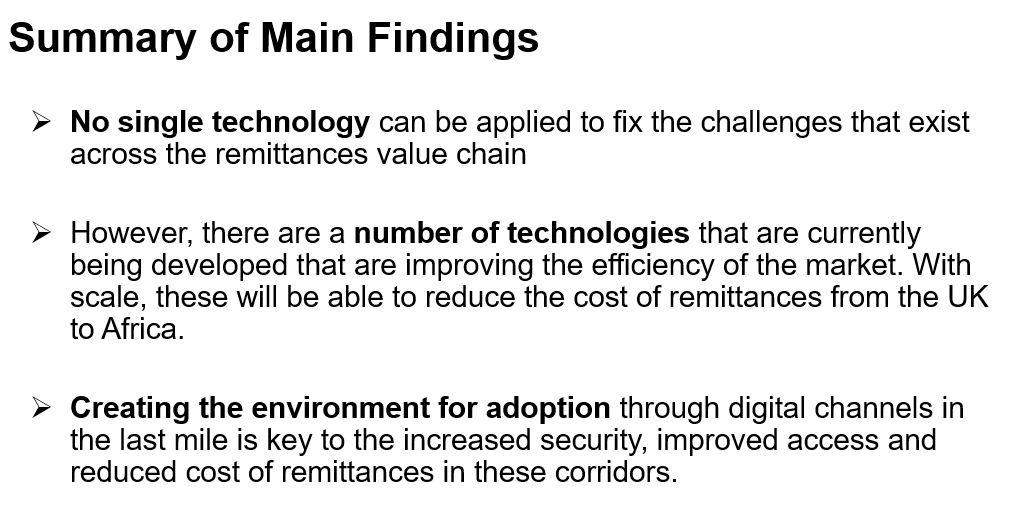
Published on 10 April 2020
In a previous blog I cited, as fellow travellers of the anti-cash lobby, national or international authorities charged with enabling the meeting of UN Development Goals, and accepting that the way these will be met is through Fintech, rather than on the back of cash.
A prime example of such a national organisation is the UK’s DfID or the Department for International Development.
DfID bought off in mid-2017 that problems around timing and cost of migrant remittances to Africa out of the UK would be solved, as regards meeting UN Development Goals, by emerging IT applications and services, and they were encouraged in this belief by one or more “consultants”.
These were presented like this:

Compare and contrast a work by Jackson Pollock, where paint is simply flung at the canvas:

The upshot of the consultants’ advice was that the market would sort everything out and – importantly – DfID need take no action to enable that, let alone actually direct or shape any action. These findings were presented as follows:

This was a prime example of a “consultant” telling their client what they wanted to hear, rather than what was true. The devastating results of that will become clear in the coming weeks.
Last week DfID approached me, in my capacity as chair of the Association of UK Payment Institutions, with the legend that migrant remittances would now decisively towards online and digital because of COVID-19, and because of the health scare story about using cash. I said I disagreed – cash usage had obviously dropped off because agents and branches were closed, people were constrained from going out, and because the immediate ones to suffer economically were the people at the bottom of the income tree whose work was unreliable and who were more likely to be paid in cash.
DfID were obviously fishing, both for confirmation that they had not been wrong in accepting the consultants’ advice in 2017 and building their subsequent programme of (in)action around it, and for assurance that they need do nothing in particular now, noting that doing nothing in particular is what these bodies appear to do very well (like the House of Peers in Gilbert & Sullivan’s “Iolanthe”).
In reality cash still plays an important role, but that is a message that goes against the flow of the current, and has been submerged by the messaging of the anti-cash lobby, and because they all agree with one another they must be right, mustn’t they?
Unless and until there is a pressing and unforeseen event like COVID-19, where the need for migrant remittances could soon skyrocket, but where the means to achieve them have been badly damaged by the anti-cash lobby.
So far the anti-cash lobby has managed to turn COVID-19 to its advantage in the blogosphere, but down in the biosphere of Planet Earth things are rather different. Remittances has remained a cash-based business thanks to the requirements of the remitters.
Now remittance volumes have dropped off a cliff. Remitters cannot access service now that branches and agencies are closed. The move-over to digital is not something that can be achieved from one day to the next. Countries that are dependent upon migrant remittances in order to pay for imports of basic commodities are badly exposed. These are some of the real-world contributions to the COVID-19 crisis of the anti-cash lobby.
